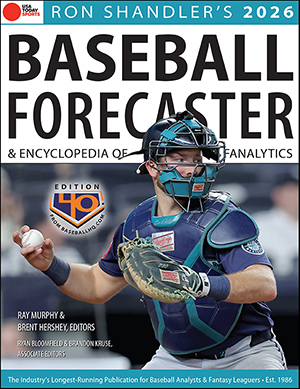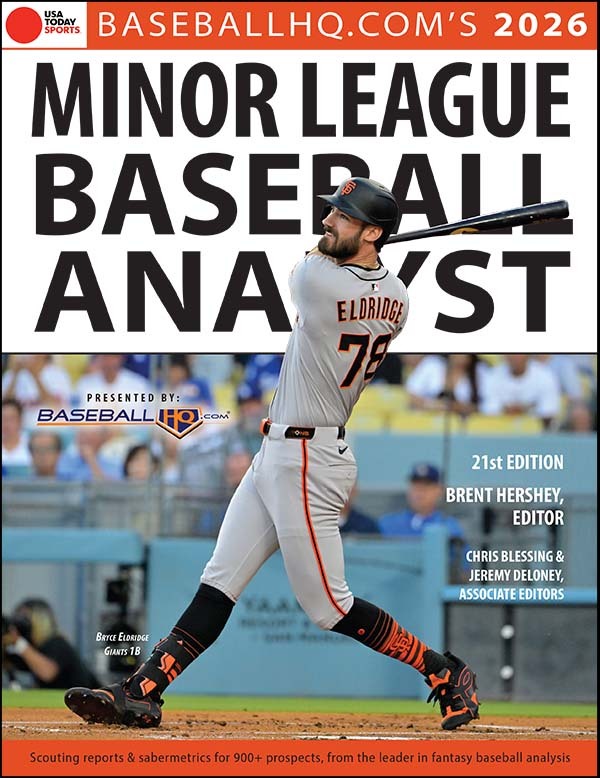
(*) FANALYTICS: Embracing the PED problem
With the latest revelations out of south Florida regarding the supplying of performance-enhancing drugs to ballplayers, the media has once again been re-energized to talk about the problem. And speculate about possible solutions.
This is a song we've heard before.
The problem is, each new allegation is handled by the media as if it is breaking news. Journalistic integrity dictates that everything is "alleged" until proven—but the use of PEDs is near-impossible to prove absolutely. The fact that Barry Bonds, Roger Clemens, and perhaps Ryan Braun have slipped through the law's grasp goes to show that the process has loopholes you can drive through.
We will never have absolute proof unless a player publicly admits to using PEDs. And despite the fact that those who have admitted end up faring pretty well in the court of public opinion, few others are willing to take the chance. Aren't we all sick of the canned statements of contrition?
The reflex response is that we need tougher penalties, tougher deterrents. We said that seven years ago. Baseball toughened up its penalties ... and now it's back. Further penalties is only going to kick the can down the road. We'll be having this discussion again in 2017, guaranteed.
On a recent appearance on Rotowire Fantasy Sports on Sirius/XM Radio, I was asked what we can do to fix the problem. I responded that we have to stop pretending that this is ever going to end. Players are always going to seek out an edge; they've been doing it for 100 years. And as long as multi-millionaires are motivated to protect their money, there will always be a laboratory creating the next designer drug that evades detection. The labs will always be one step ahead of the testers. Always.
But then I suggested something that will never happen, but perhaps makes some logical sense: We just need to legalize the whole thing. We can't stop it. The entire culture in sports would have to change.
Instead, we need to stop pretending that professional athletes are role models and pro sports is a career to glorify. Neither are. Athletes are just people employed to perform a task and they'll always do whatever is necessary to excel at that task. Taking it to an extreme, perhaps that would make them the Kamikaze pilots of sports—always striving to be the absolute most effective at what they do, even at the ultimate cost. But role models? Not even remotely.
While that won't happen, as fantasy leaguers, we can take some control over this. We need to stop looking beyond what this really is—just another persistent variable that impacts our ability to project player performance. I know I've been guilty of trying to read more into it, but maybe it's time to just embrace PEDs and try to work the uncertainty into our forecasting process.
It's tough to find a perfect correlation between PED use and statistical output, but it is there somewhere. Players would not take these risks if they didn't believe the drugs were helping their performance. Maybe it's Melky Cabrera putting up two seasons out of character with history before getting caught, or Bartolo Colón eclipsing the 100 inning plateau after four years away from the game, or even Yasmani Grandal becoming a legitimate prospect.
The sample size of PED users is getting large enough that we should be able to start creating a profile. And if we truly embrace the reality, that sample size is a lot more significant than anyone is willing to admit.
The signs are there. We need to start looking closer. In the coming months, we plan to.





-300x200.png)



